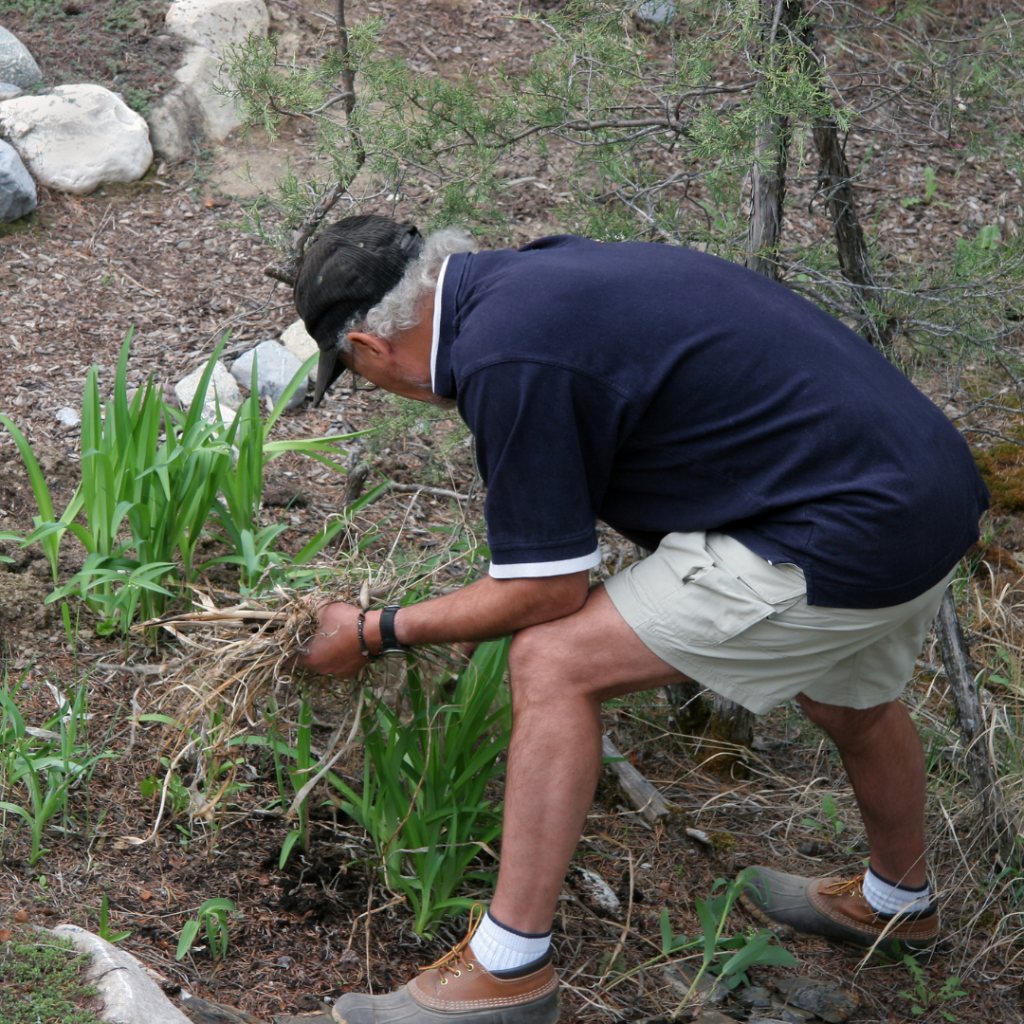 Winter can be a harsh season for plants, especially if you live in an area that experiences below-freezing temperatures. But don’t worry, there are steps you can take to prepare your garden for winter and ensure your plants survive the season. Winterizing your garden may seem like a daunting task, but with a little preparation and effort, you can make sure your garden thrives come spring. With these tips, you can successfully winterize your garden to make it through to spring.
Winter can be a harsh season for plants, especially if you live in an area that experiences below-freezing temperatures. But don’t worry, there are steps you can take to prepare your garden for winter and ensure your plants survive the season. Winterizing your garden may seem like a daunting task, but with a little preparation and effort, you can make sure your garden thrives come spring. With these tips, you can successfully winterize your garden to make it through to spring.
Clear out your garden beds
The first step to winterizing your garden is to clear out any debris, leaves, and dead plants that may be present. This will help prevent disease and pests from spreading throughout your garden. You can add any debris to your compost bin or mulch pile. Additionally, you should prune any dead branches from your trees and shrubs before the snow and ice weigh them down.
Mulch your plants
One way to protect your plants from the harsh winter weather is by using mulch. This is especially important for newly planted perennials and shrubs that haven’t had a chance to establish deep roots. Mulch acts as a protective layer, providing insulation from the cold and preventing the soil from drying out. To mulch your plants, simply spread a layer of organic matter, such as straw or shredded leaves, around the base of your plants.
Cover your plants with frost cloths
Another way to protect your plants from the cold is by covering them with frost cloths. These cloths come in various sizes and are designed to protect plants from frost, wind, and snow. They allow light and water to penetrate, while also trapping heat underneath. Frost cloths are especially useful for protecting delicate plants like herbs, tomatoes, and peppers.
Drain all garden hoses
Make sure to drain all garden hoses and sprinklers before winter hits. Leaving water in these devices can cause them to freeze and crack, which can be expensive to replace. After draining, store your hoses and sprinklers in a dry place, such as a garage or shed.
Prepare your soil for spring
Winter is a great time to start preparing your soil for spring. You can add organic matter, such as compost or manure, to your garden beds to provide essential nutrients to your plants. Additionally, you can till your soil to aerate it and loosen any compacted areas. This will help improve drainage and allow your plants to establish healthy root systems.
If you use these tips to winterize your garden, you won’t need to fret over your plants and spring gardening prospects. Remember to clear out those beds at the start of the season and provide your plants with the insulation they need to get through the winter months. Come visit us in store for your winterizing needs!


